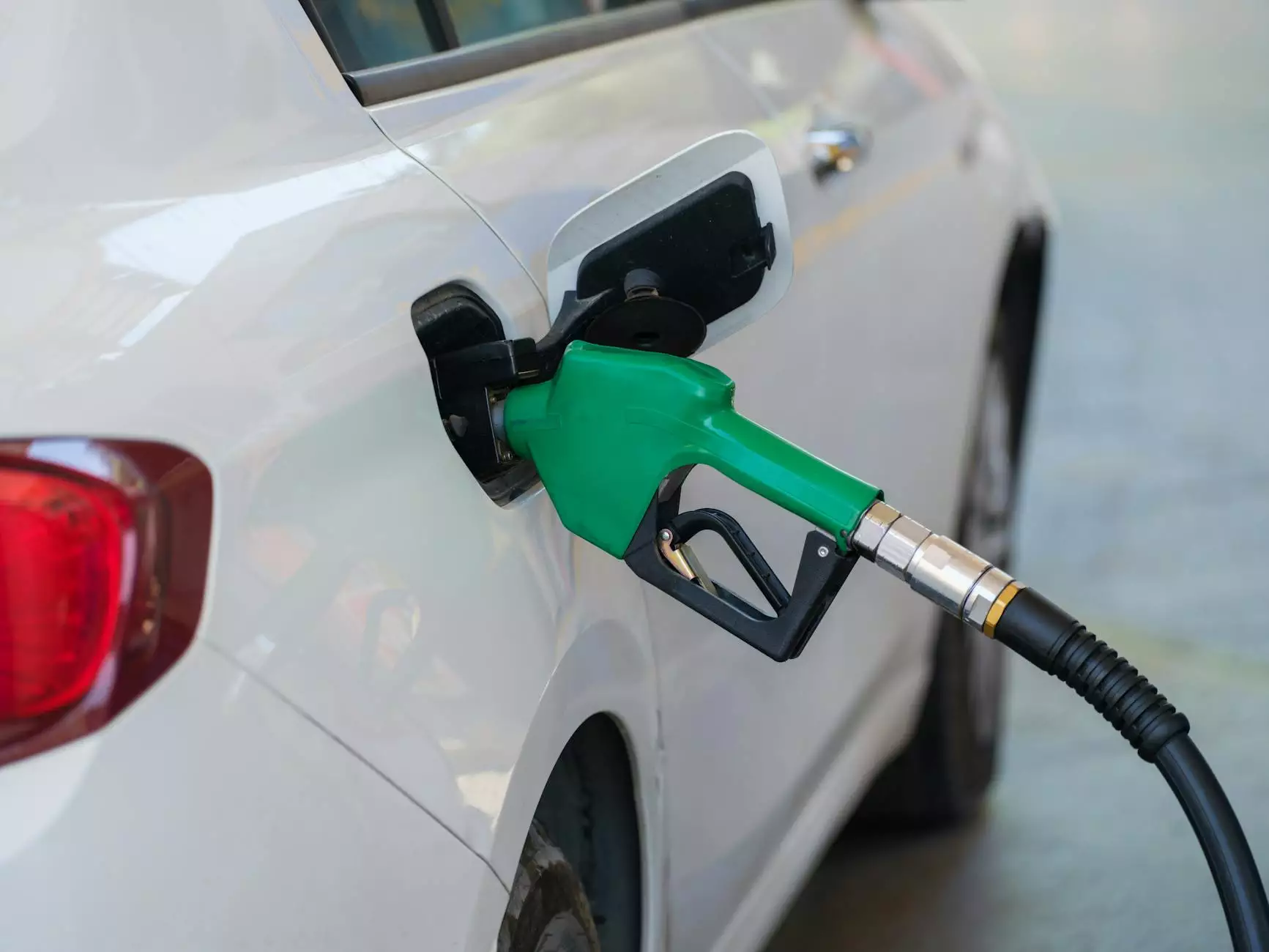Understanding Diesel Engine Parts and Their Importance

Diesel engines are renowned for their durability, efficiency, and power. Unlike gasoline engines, diesel engines operate differently, relying on diesel fuel and a unique compression ignition process. To maintain the excellent performance of diesel engines, it is crucial to understand the various components that make them work and ensure that high-quality oil seals are utilized.
The Core Components of Diesel Engines
Diesel engines are composed of several key components, each serving a specific function. Understanding these parts can help in diagnosing issues and procuring the right spare parts.
1. Engine Block
The engine block is the primary structure of the engine, housing the cylinders where the combustion process occurs. It is crucial for maintaining the engine's integrity and provides support for the other components.
2. Cylinder Head
The cylinder head sits atop the engine block, sealing the top of the cylinders. It contains the intake and exhaust valves, allowing air and exhaust gases to flow in and out of the combustion chamber. A well-functioning cylinder head is vital for maximizing the engine’s efficiency.
3. Oil Seal
The oil seal is an essential component that prevents oil leakage and protects the engine components from dirt and debris. Using high-quality oil seals is crucial for maintaining the engine's lubrication system and enhancing its longevity.
4. Fuel Injector
Fuel injectors deliver the precise amount of fuel to the combustion chamber. They ensure optimal combustion, which enhances power output and fuel efficiency. Regular maintenance and timely replacement of faulty injectors are essential for continuous engine performance.
5. Turbocharger
This device increases the engine's efficiency by forcing more air into the combustion chamber. Turbocharged diesel engines can deliver higher power outputs without increasing the engine's size, making them highly sought after in various applications.
Types of Diesel Engine Parts
When it comes to diesel engines, various parts can be categorized based on their functions. Understanding these categories can assist you in sourcing the necessary parts more efficiently.
1. Replacement Parts
- Oil Filters
- Air Filters
- Fuel Filters
2. Performance Parts
- Turbochargers
- Intercoolers
- ECU Tune Chips
3. Maintenance Parts
- Seals and Gaskets
- Belts and Hoses
- Brake Pads and Discs
The Role of Spare Parts Suppliers
Choosing the right spare parts supplier is as important as understanding the diesel engine components. A good supplier ensures that the parts you receive are not only genuine but also of high quality, which is essential for maintaining the reliability and performance of your diesel engine.
Choosing a Quality Supplier
When selecting a spare parts supplier, consider the following factors:
- Reputation: Research the supplier’s track record. Look for reviews and testimonials from other customers to gauge their reliability.
- Quality Assurance: Ensure that they provide parts that meet or exceed OEM standards. High-quality parts are essential for the longevity of your engine.
- Product Range: A comprehensive selection of parts will save you time and money, allowing you to procure everything you need from one place.
- Customer Support: A reputable supplier should offer excellent customer support to assist you with any inquiries or issues.
- Pricing: While it's essential to find competitively priced parts, be cautious of drastically low prices, as they may indicate inferior quality.
The Impact of Quality Diesel Engine Parts
Utilizing high-quality diesel engine parts, including oil seals, has a direct impact on the overall performance and lifespan of the engine. Quality parts result in better fuel efficiency, reduced emissions, and less frequent repairs.
1. Enhanced Performance
High-quality parts ensure optimal functionality. Components like oil seals prevent leaks, maintaining proper pressure and lubrication, which are critical for engine performance.
2. Reduced Downtime
By investing in superior parts, you minimize the risk of breakdowns, thereby reducing downtime. This is especially crucial for businesses that depend on their diesel-fueled machinery for daily operations.
3. Environmental Benefits
Efficiently running engines produce fewer emissions. By using quality components, you contribute to environmental sustainability while complying with regulations.
The Future of Diesel Engine Applications
As technology advances, the applications of diesel engines are expanding. From automotive to maritime and industrial uses, diesel engines are becoming more efficient and environmentally friendly.
Innovation in Diesel Technology
Emerging technologies like common rail direct fuel injection and advancements in turbocharging are enhancing the performance and efficiency of diesel engines. These innovations open doors for diesel engines to remain relevant in a changing world.
Hybrid and Electric Solutions
While diesel engines are facing competition from electric alternatives, hybrid systems that incorporate diesel engines are gaining popularity, particularly in commercial vehicles. These systems combine the power of diesel with electric propulsion to reduce fuel consumption and emissions.
Conclusion
In conclusion, understanding the various components of diesel engines, their significance, and the role of quality spare parts suppliers are crucial for maintaining the efficiency and performance of your diesel machinery. Investing in high-quality parts, such as oil seals, not only enhances engine performance but also prolongs its lifespan. By choosing reputable suppliers and staying informed about the latest technologies, you can ensure your diesel engines operate at their best, contributing to your business's success.
https://client-diesel.com/en/products/oil-seal


